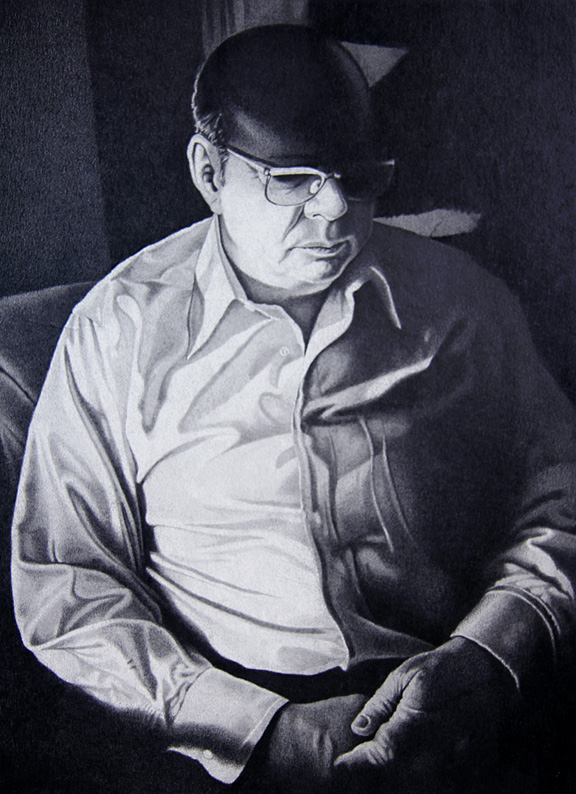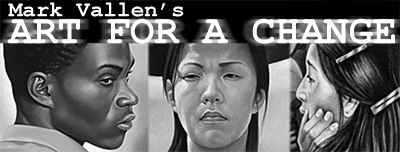From Valenzuela to Vallen: A Eulogy

On February 7, 2013, my father Joe Vallen passed away at the age of 88. Multiple medical problems led to his death, but his primary difficulty was a weak heart. I was at his side at the final moment, whispering my goodbyes into his ear. He died peacefully.
On October 28, 1924, José Jesus Valenzuela was born in Guaymas, a coastal city in the state of Sonora, Mexico. When he was around 2-years-old “Jesusito” came to the United States with his mother and grandmother to settle in San Diego, California. An amazing world opened up to José when he came to Los Angeles at around sixteen years of age to work in the city’s restaurant business at the behest of his uncle, “Alex” Maytorena. At the time, Alex worked as chief bartender at Perino’s, one of LA’s original elite restaurants. Alex helped my father land his first restaurant job as a busboy.
My father married Patricia Schneider in 1951 at the Flamingo Casino in Las Vegas, Nevada. José officially became a US citizen and anglicized his name to “Joe Vallen” ten days before I was born on September 7, 1953. Patricia’s mother, Anita Murieta, came from Mexico to the US presumably around 1918. Anita married Edward Schneider, a Maitre ‘D at Victor Hugo’s in Laguna Beach, CA. Pat knew little about her father, who died when she was a baby.
Without formal education, and from a solidly working class background, Joe and Pat strived to live the American Dream in a Los Angeles very different from the city we know today. They eschewed their ethnic backgrounds in favor of the upwardly mobile, Euro-centric vision that dominated 1950s America; it was a lifestyle they never challenged until the turmoil of the 1960s confronted them.
In the early years of his extraordinary career Joe worked hard as a waiter, sometimes working two shifts a day. He landed a job at the Cocoanut Grove nightclub at LA’s Ambassador Hotel. Because he could speak Spanish, he was asked to act as poolside translator for Charlie Chaplin and famed Mexican actress Dolores del Río during their first encounter at the club. Joe was later employed at the world famous Brown Derby restaurant on Wilshire Boulevard. He worked his way up through the restaurant world to become a Maitre ‘D at some of the city’s most elite establishments like The Cave Des Roys private club on La Cienega Boulevard, The Beverly Hills Hotel on Sunset Boulevard in Beverly Hills, and The Friars Club of Beverly Hills.
As Joe worked in the leading restaurants of Hollywood’s Golden Age, there was hardly a studio boss, actor, entertainer, or politician that he did not meet. Mickey Rooney, Judy Garland, Montgomery Clift, Elizabeth Taylor, Frank Sinatra, Milton Berle, Sammy Davis Jr., Mel Torme, Ronald Reagan, Conrad N. Hilton, Howard Hughes, and so many others were charmed by my father. Mention a celebrity’s name in casual conversation and Joe’s usual response was to recount having served the person, how well they tipped, whether or not the individual’s disposition was friendly or sour, and general observations regarding comportment, style, and manners. For years I urged my father to write down his remarkable experiences as a Maitre ‘D; he always promised that he would, but he never penned a single line. Now it is too late.
Despite his rubbing elbows with the rich and famous, Joe was a simple working class man. Unbelievably his waiter’s salary enabled him to buy a home and three apartment complexes in the San Fernando Valley – such was a testament, not to Joe’s wealth, but to a once vibrant economy gone to ruin. Joe also purchased land in the then undeveloped Southern California mountain community of Big Bear, where he built a beautiful “A-frame” cabin – virtually with his own hands. Some of my life’s fondest memories involve that wonderful cabin.
On May 5, 1961, my father and I watched on national television as NASA astronaut Alan Shepard became the first American to be launched into space. On November 22, 1963, we watched the live Walter Cronkite broadcast announcing the assassination of President John F. Kennedy, two days later we witnessed the televised murder of Lee Harvey Oswald. My father and I watched the first televised performance of the Beatles on the Ed Sullivan Show on February 9th, 1964 – marking the moment the “generation gap” opened up between us (Joe mocked the “mop tops” while I was inspired by them). This pattern was repeated over and over as my father and I watched the triumphs and tragedies of late 20th century America unfold before us.
We certainly had our differences, and we fought only as a devoted father and son could. The rebellious 1960s drove a wedge between us, and it became harder and harder to understand one another; it was a gulf that was never really closed. In the late 60s Joe loved Frank Sinatra while I was passionate about The Doors; come the late 70s Joe still revered Sinatra while I acclaimed The Clash. Funny thing is, with the ascendancy of the totally vapid corporate-created pop singers of today, Mr. Sinatra is not looking so bad to me. Perhaps father and son finally came to terms.
After 61 years of marriage Joe and Pat were inseparable. They met the vicissitudes of life with grace, perseverance, and no small degree of courage, but life takes its toll. In 2012 Joe underwent surgery for a pacemaker, and at 87-years-old it would be his third defibrillator implant. At 91-years-old Pat began having trouble taking care of herself because of dementia. My wife Jeannine and I devoted much of 2012 to taking care of my parents, until at last it became necessary to admit them both to a skilled nursing care facility. Despite the best of care, Joe lasted but a few months, and is survived by his devoted wife, who now remembers less and less of the world.
There is so much more to say, but words cannot express my sense of loss. I mourn the passing of the big-hearted man that raised me, and who eventually came to understand – as best he could – this wayward, bohemian, artist. But I also lament the passing of the world my father once knew and was a part of. I carry it within me; this true son of El Pueblo de Los Ángeles will not forget.

